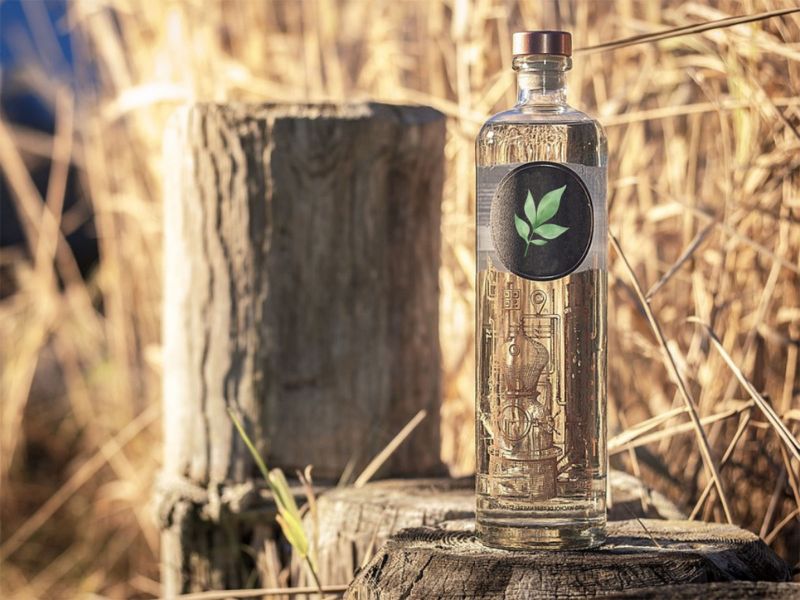When life gives you lemons you make lemonade, but what about Japanese knotweed and other invasive species?

Eating to eradicate invasive species
People are eating invasive species to control them in a fancy new way called “invasivorism.” Chefs and conservationists are now creating dishes and recipes to eat the pests into submission... seriously! For example, The Guardian reports that London restaurant 'Fallow' is soon to cook with king crab, the newest invasive species to overthrow our local brown crab and scallops.
For years, people have relocated animals and plants without realising how they can harm their new environments. Sorry, grey squirrels! You might be cute, but you have also caused the near extinction of the UK’s native red squirrel.
Saving the bees
Eating invasive species could prevent extinction and loss to biodiversity. Something Japanese knotweed and foe are known to make worse by suffocating and overshadowing native flora and fauna. For example, Japanese knotweed’s tall bamboo-like stems and large canopies stop smaller flowers from photosynthesising.
Unfortunately, non-native plants extinguish our own flowers. And it’s when our native flowers fail that bees struggle to survive. Friends of the Earth reminds us: “It’s vital the bees have enough flowers to forage – and safe places to use for nesting, among vegetation, the soil and hedges.”
So much money and effort goes into controlling invasive species like Japanese knotweed, it’s no wonder we’ve turned to the bottle – no, literally. Many have turned Japanese knotweed into vodka. Our title, 'Will Japanese knotweed vodka save the bees' makes sense now, doesn’t it?
Eating Japanese knotweed
Eating or drinking Japanese knotweed and other invasive species is trending. Bestselling author of Booze for Free Andy Hamilton has published a knotweed vodka recipe on his website. He says knotweed tastes “remarkably like rhubarb.”
The team at TCM have also looked into eating Japanese knotweed. However, we concluded that although it’s a good idea, there are risks to the eat-it-to-beat-it method. And others have doubts too.
Doubts over eating invasive species
Invasivorism is a good idea…or is it? Invasive species experts argue that eating and drinking Japanese knotweed and squirrels may encourage people to grow or breed them in order to sell them. Likewise, handling invasive species, especially invasive weeds, incorrectly will encourage the pests to spread further and land you in trouble with the law.
Of course, there is also the matter of scale. There are 2.7 million grey squirrels in the UK, but notable sellers The Wild Meat Company from Woodbridge, Suffolk, only sold 10,000 of the critters in 2021. Japanese knotweed is estimated to affect 5% of UK properties and we like a tipple now and then, but that’s a lot of vodka!
Whether you choose to embrace invasivorism or not, we urge you to do so with due diligence. And if you have Japanese knotweed growing on your property, and want it gone, fill out our contact form and one of the team will be in touch to take care of the situation.